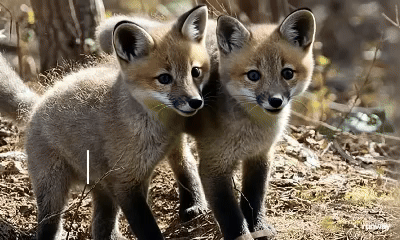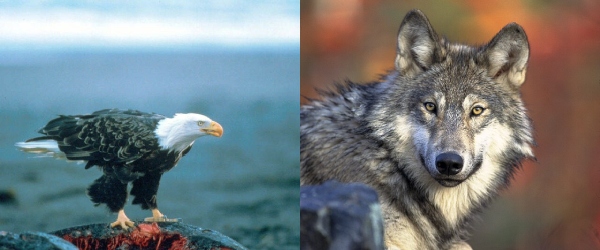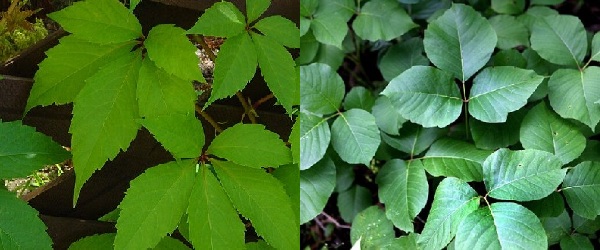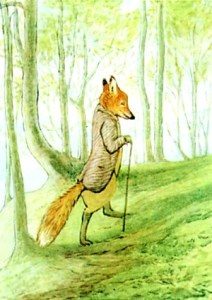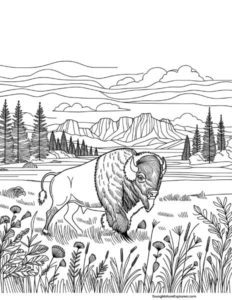Explore the Outdoors
Discover Nature, Stay Healthy, and Care for Our Planet!
Studies show most US children can identify way more corporate logos than native plants or common wildlife. Let’s change that.
Find a State Park to Explore
Don’t forget your field guides so you and your kids can identify the wildlife you see and hear!

How Learning About Nature Helps Protect the Environment
Understanding the natural world helps children become aware of the environment and its importance. It fosters a sense of responsibility and encourages them to care for the planet and its resources.
Knowledge about North American wildlife enables children to understand the delicate balance of ecosystems and the impact of human activities on the environment. This awareness can lead to a sense of urgency about conservation and sustainable practices.
Knowing about the natural world allows children to connect with nature on a deeper level. This connection can lead to increased appreciation, awe, and wonder, which are essential for developing a sense of well-being and emotional health.
Learning about nature can spark scientific curiosity in children. It encourages them to ask questions, explore, and seek answers through inquiry and investigation.
Studying the natural world involves critical thinking and problem-solving. Children can learn to analyze data, draw conclusions, and apply their understanding to real-world situations.
Being in nature and understanding its benefits can positively impact children’s physical and mental health. Knowledge of natural environments can promote outdoor activities and a more active lifestyle.
Knowledge of North American wildlife introduces children to the concept of biodiversity—the variety of life on Earth. They learn about the importance of different species and their roles in providing ecosystem services such as pollination, clean water, and climate regulation.
Understanding the natural world is crucial for understanding cultural practices, historical events, and indigenous knowledge tied to the environment.
Learning about North American wildlife and the creatures that inhabit it can foster empathy and compassion in children. They may develop a greater understanding of the needs and challenges faced by wildlife and their habitats.
Knowledge of the natural world can teach children practical skills, such as gardening, identifying edible plants, and basic survival skills in the wilderness.
